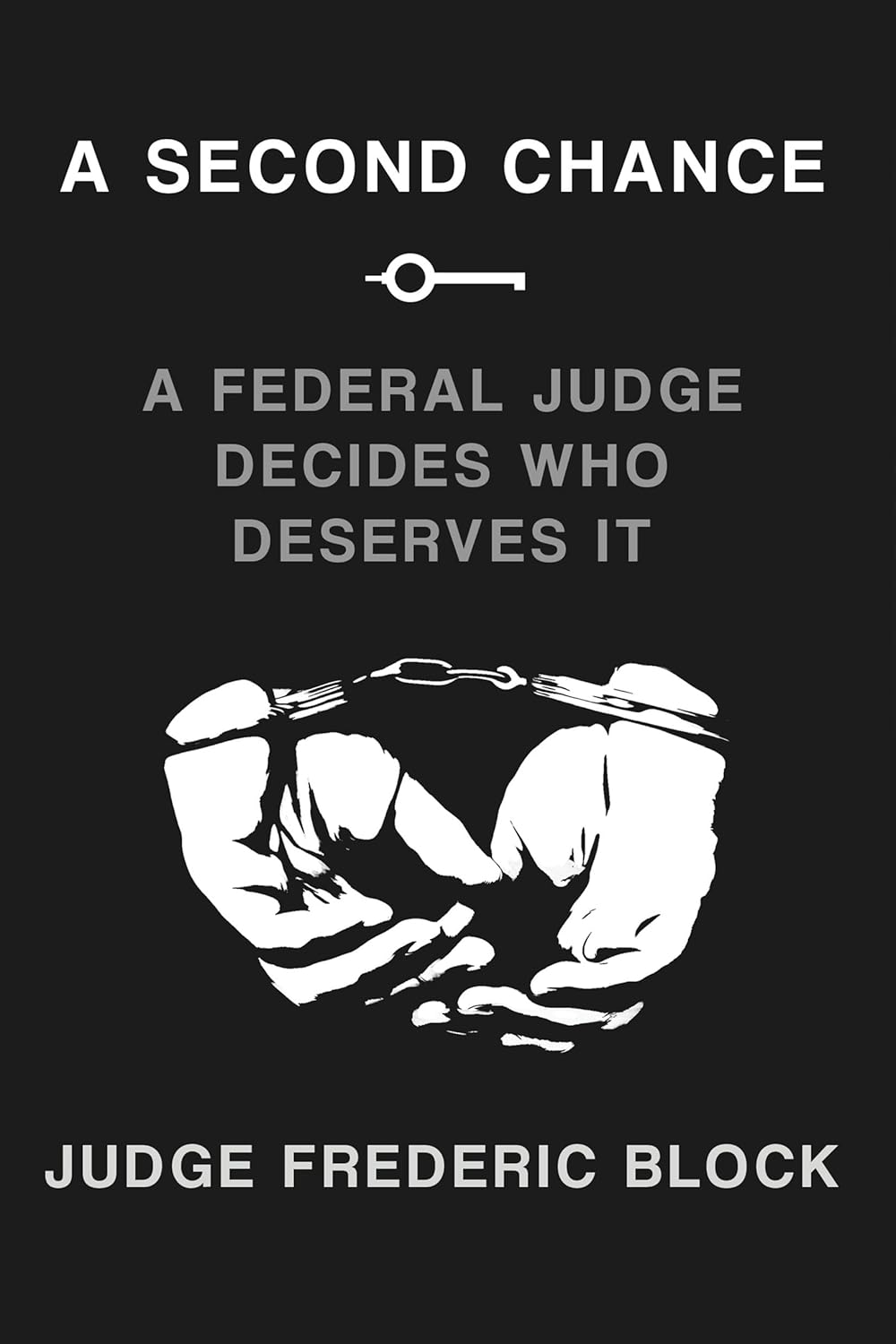
Reading Judge Block's 'A Second Chance' felt like sitting in his courtroom – raw, intimate, and unexpectedly human. The way he dissects six cases isn't just legal analysis; it's like watching a sculptor carefully chisel away at marble to reveal the person beneath the crime.
I found myself pausing mid-chapter during Stephen May's story, my fingers gripping the pages too tight. That 75-year sentence isn't just ink on paper when Block shows you May's family photos and letters. The AEDPA section made me slam my coffee down – how can we call this a justice system when laws actively prevent justice?
What shocked me most wasn't the sentencing disparities, but the 'Collateral Consequences' chapter. Did you know in some states, ex-felons can't get fishing licenses? Block lists these absurd restrictions with the frustration of someone who's watched reformed people get crushed by bureaucracy.
The book transformed how I view my own biases. When Block described reducing a sentence because the defendant finally got his GED at 40, I caught myself thinking 'But he still committed the crime!' – then realized that exact mindset perpetuates the system Block's fighting.
Keep tissues handy for the Arizona State University passage where Judge Block showed up for Stephen May. That moment crystallizes everything – a federal judge crossing state lines because sentencing guidelines couldn't cross moral ones.

